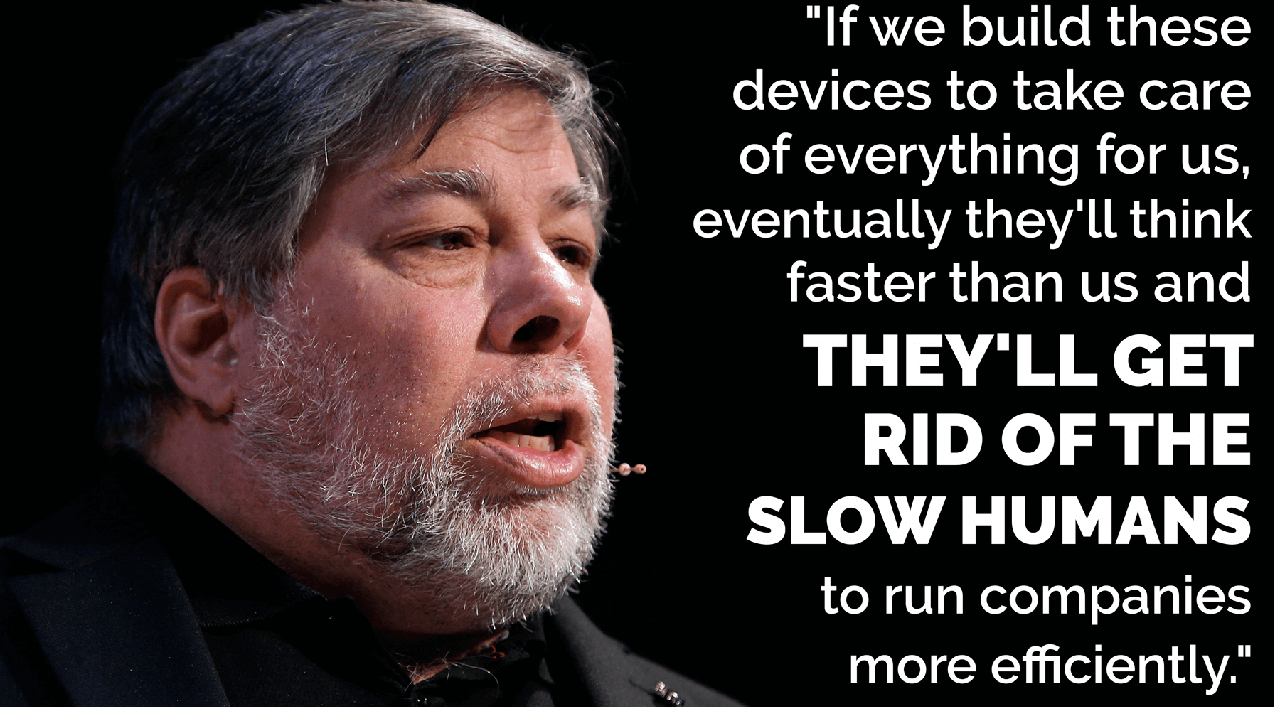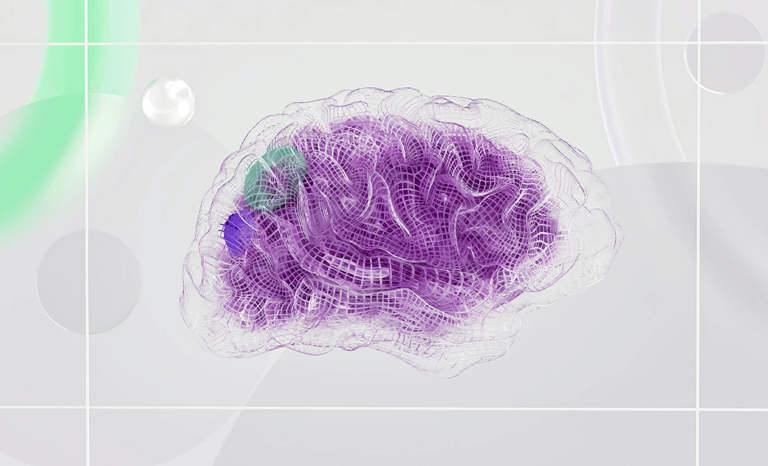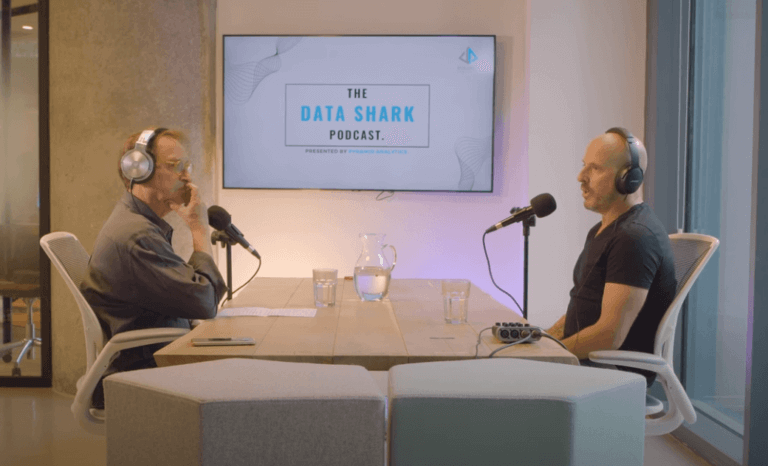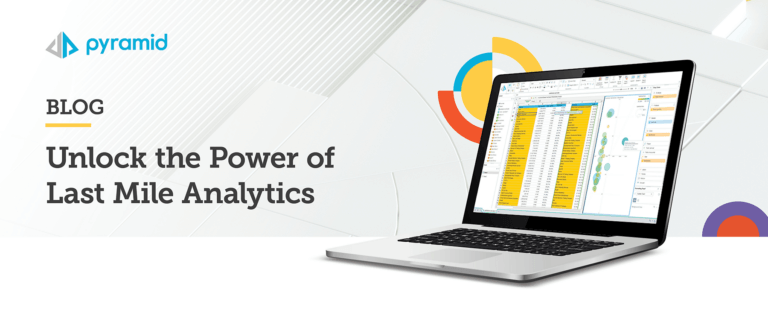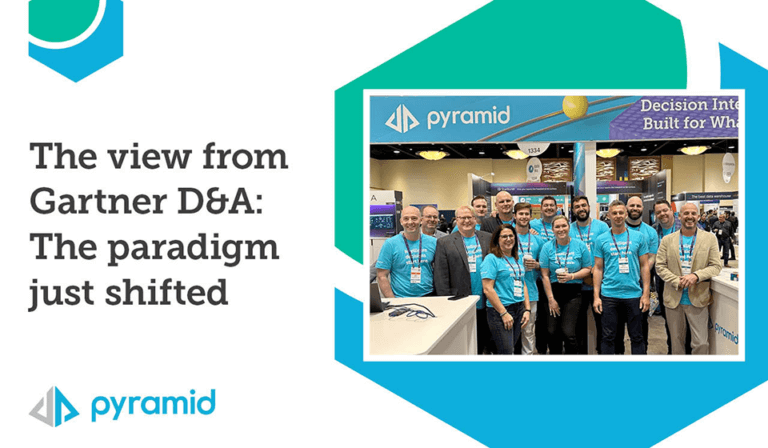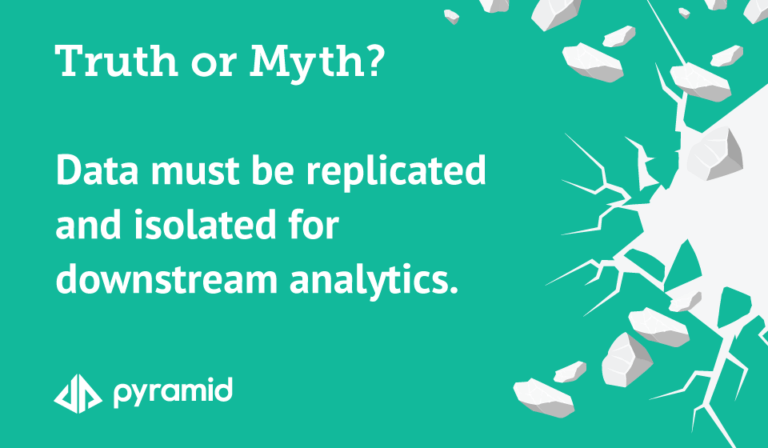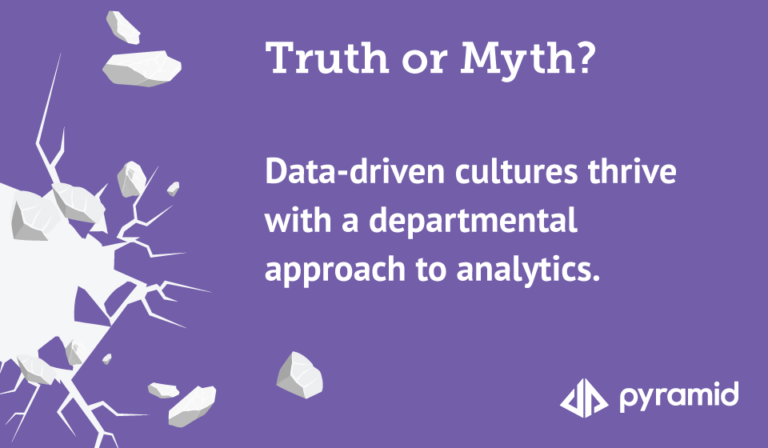Over the past several years, we have seen a dramatic rise in the impact of automation and artificial intelligence on the workforce. From grocery store check-out kiosks and automated manufacturing to autonomous deliveries by vehicle and drone, in tasks where mundane work is required automation has seen an increasingly high utilization.
Now, certain white collar and professional industries are similarly under threat of being upended by a revolution in artificial intelligence and machine learning technologies. And people are understandably afraid of being made obsolete by machines that can outperform them while simultaneously cutting costs for employers.
But not everyone sees the incoming “data revolution” as a harbinger of a dystopian future where individuals are competing with far superior machine intelligences for their jobs. In this TED talk, Andrew McAfee provides a optimistic perspective on the possible impact widespread automation stands to have on our employment prospects.
While there may be debate on what the end result of the data revolution will be, one thing is certain: AI is here to stay and it will continue to impact our work culture in the near future. Some jobs will for now remain unaffected, others will exhibit varying degrees of change, and still others are going to go away entirely.
How has society weathered similar transitions in the past and what can we do to take advantage of the benefits AI has to offer while not coding ourselves out of our jobs?
Past Examples of Similar Situations
While the advent of AI is remarkable and presents challenges never before addressed, there are plenty of examples throughout human history of technological advancements disrupting industries.
Take the relatively recent changes that have occurred in agriculture as a result of farm consolidation and technology massively increasing the productive potential of a single farmer. In 1850 nearly half of American workers were employed in agriculture. In 1920 that number had dropped to 13%. Less than 2% of the modern American workforce is currently employed in agriculture.
In 150 years, an industry that had employed 50% of the population applied technological advancements to make the overwhelming majority of positions within the industry disappear. But we never saw 50% unemployment throughout that timeframe.
Similarly, Luddites during the Industrial Revolution famously engaged in acts of industrial sabotage to deal with the threat of large scale manufacturing replacing their traditional employment as tradesmen. Their fears were well-founded: large scale manufacturing and a global economy has indeed eliminated countless jobs performed by craftsmen in the past.
Both the industrial revolution and industrialization of farming represent times when technological advancements have drastically changed employment opportunities and work culture on an international scale.
The data revolution promises to do the same, and there is no reason to expect that society will be able to similarly adapt.
Increase in Creativity
One cultural benefit we may see through automation is that boring mundane tasks requiring little creative effort are usually the first to be handled by a machine. Primarily this is for two reasons: mundane rote tasks are easier to automate and the human mind still has an enormous advantage over AI in terms of creativity. In fact, the greatest and perhaps only advantage human intelligence has over AI is our ability to think and solve problems creatively.
By automating mundane tasks, professionals are going to experience surges in productivity that allow them to focus on the creative aspects of their jobs, take on projects that require more initiative, and be free to spend time thinking about how to perform their jobs better.
In this way, professionals who are able to adapt and position themselves to take advantage of AI are going to be more productive and efficient.
How it is impacting some white-collar professions
We can already see how AI technology is eliminating some jobs while increasing efficiency and productivity in two important established professions: accounting and the law.
Prior to the advent of automated accounting software, accountants had to perform manual data entry, basic arithmetic functions, and check for errors manually. Now, the majority of that work is performed by automated software applications.
By automating these laborious tasks, accountants are able to spend more of their time on the aspects of their job that require creative thinking, such as tax planning.
A bulk of legal work involves pouring through past cases to find precedent. Teams of paralegals have been employed in this function in the past, summarizing cases and setting the foundation for legal arguments.
Machine learning algorithms have been developed that can perform this job much more efficiently than human researchers. Rather than managing a team of paralegals to do the background research for cases, lawyers can now rely on a computer for their research needs and focus more of their time and energy on developing arguments, preparing for court, etc.
Conclusion
There are undoubtably painful transitionary periods ahead for many workers. The trucking industry alone is going to lose thousands of jobs to AI as autonomous vehicles replace human drivers. As the technology matures, other industries will certainly see similar consequences where AI eliminates the need for a majority of employees.
For most industries, however, the changes are likely to be less dramatic and take place over a longer interval. Lawyers, accountants, doctors, and engineers will certainly see their day-to-day duties change as AI is applied to the mundane functions of their jobs.




